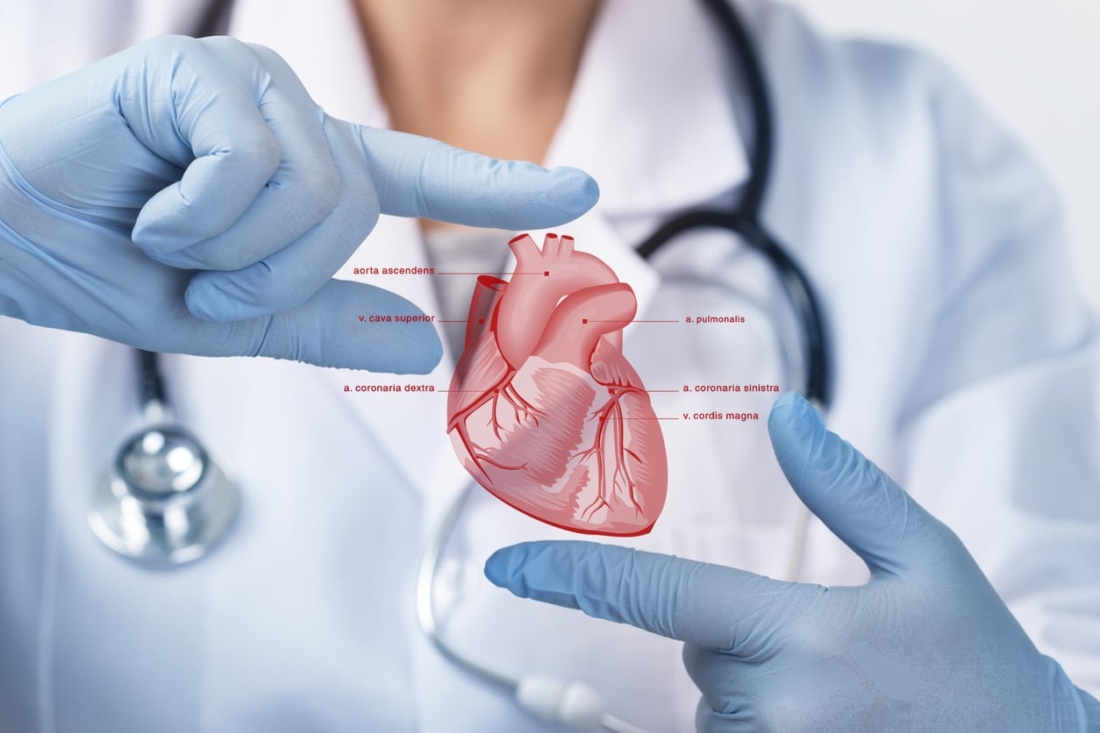Cardiovascular issues like heart disease, varicose veins, and circulatory issues can cause serious health complications, disabilities, and death. You may not know you have cardiovascular issues unless you develop distinct symptoms or see a primary doctor for annual checkups. Cardiovascular issues require immediate medical attention from a Hudson, FL cardiologist who is trained, knowledgeable, and experienced in treating health complications. They deal with complications affecting the circulatory system and heart problems, they also know which It is vitally important that you know the Eliquis interactions and which prescriptions are best for you. These are instances you would need to see a cardiologist and find ways to keep your circulatory system healthy.

They Offer Cardiac Care
The cardiologist offers cardiac care, which fosters better circulatory and heart health as they know about circulatory system issues. They will treat problems like peripheral artery disease (PAD), which cause plaque in the arteries in the leg. PAD makes walking painful, and you would want to rest due to fatigue and heaviness. It could lead to slow-healing leg ulcers, thickening, and discoloration of the skin, and hair loss at the affected site. The cardiologist will treat PAD with carotid angioplasty, stenting, atherectomy, and lower extremity angioplasty and stenting.
Cardiologists play an important role in stroke prevention by developing a healthy lifestyle for the patients and recommending the right medications to prevent stroke. A stroke will occur when blood vessels rupture due to issues like fatty plaque and blood vessel blockage. Therefore, the cardiologist will prevent risk factors like high blood pressure, heart disease, diabetes, smoking, and obesity. They may recommend a physical therapist who offers the right exercises suitable for patients at risk of stroke. Tests such as vascular ultrasound and electrocardiogram may help determine the underlying health conditions to prevent and treat them effectively. Ongoing prevention of stroke risks can lower the chances of rupturing the blood vessels.
They Deal with Vascular Issues
Vascular diseases affect the veins and the arteries, leading to blood clots, injuries and inflammation, which affect the whole circulatory system. The cardiologist will prevent varicose veins, deep vein thrombosis, carotid artery disease, renal artery disease, aneurysms, and coronary artery disease.
Treatment for Vein Issues
After an effective diagnosis of vein disease, the cardiologist will offer the right treatments to deal with the specific underlying issue. They may opt for treatments that improve blood supply by sealing the affected veins. This medication seals the veins with adhesives which closes the affected veins, thus promoting better circulation.
Minimally invasive closure surgery will cut off the affected veins leading to better blood flow. The cardiologist will use ultrasound technology to determine the position of the affected veins and deliver heat to the vein walls as the heat will seal the veins preventing blood flow through the veins. When the veins seal, blood reroutes to the healthy veins leading to a healthy circulatory system.
Heart and vascular issues can be life-threatening, and in most instances, your primary doctor will recommend seeing a cardiologist to resolve the underlying issues. The cardiologist will use X-rays and imaging to determine blood clots, plaque, and narrowing veins, and arteries. They will prevent issues like strokes, PAD, and varicose veins. They may work with physical and nutritional therapists who offer the right exercises and diets to prevent the building of fatty deposits in the veins. Thus, you will learn how to manage the existing vascular conditions and prevent future problems.



